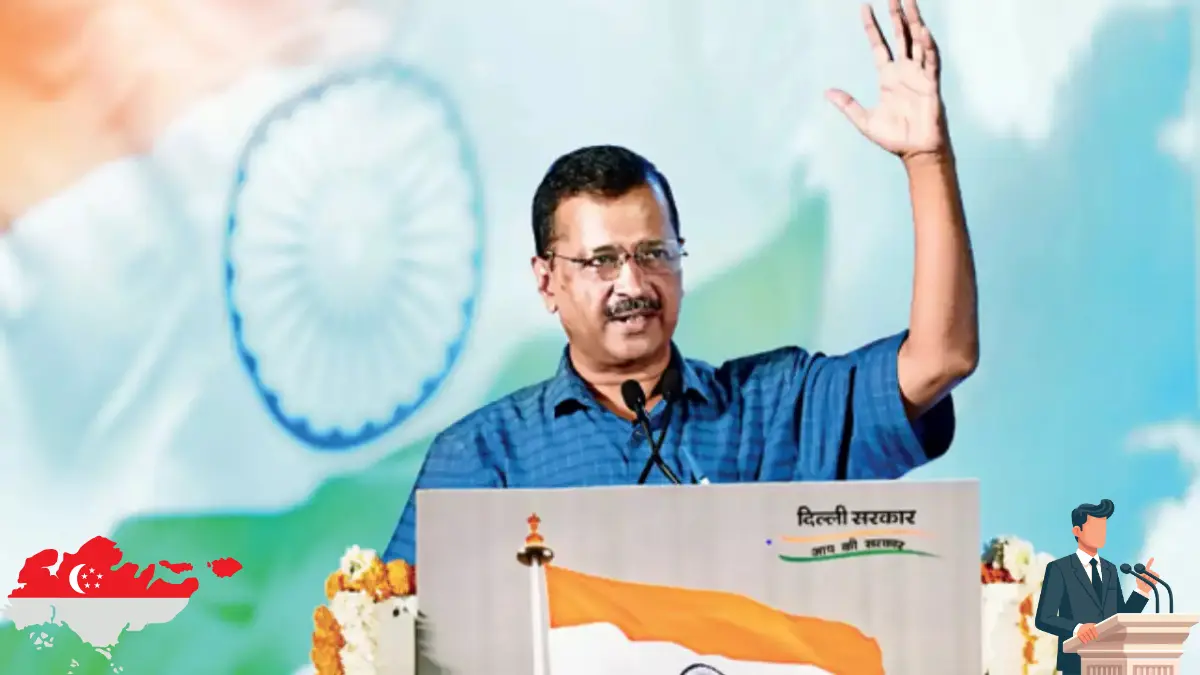
New Delhi: The proposal by Delhi Chief Minister Arvind Kejriwal to attend a global summit in Singapore was turned down Friday night by the Lieutenant Governor, with officials citing procedure-related issues. The decision comes amid the ongoing debate on governance and administrative differences between the two leaders. Why was this proposal turned down, and what does it imply for the style of governance in Delhi? Let’s explore.
The Lt. Gov. added that the decline was a matter of process, with the official visit possibly not abiding by any protocol for government employees. The summit was called to deliberate on global urban planning and infrastructure issues but the Lieutenant Governor asked if such a conference was an appropriate topic for discussion for the Delhi Chief Minister. The order has brought back to fore the decades-old debate over Delhi’s home-made governance versus who possesses more power — CM or Lieutenant Governor.
Kejriwal has faced such challenges before. He has often sparred with the Lieutenant Governor in Delhi, who represents the central government while Mr Sisodia heads the elected government. The tussles reveal the peculiarities of Delhi’s governance model, where major administrative decisions have to get approval from both parties. To the public, these ubiquitous workplace battles sometimes delay critical policies or projects.
Disappointed over the rejection, Kejriwal said foreign visits are important to learn from the best practices that are reflected in summits across the globe and that such summits cannot be ignored. He stressed the need for cooperative working and innovation to enhance Delhi’s infrastructure and services. There are several supporters of the Chief Secretary who have said that such visits can bring lessons to ideas on how things in the city, traffic management and pollution control.
However, critics said the rejection was fair, as their authorities should prioritize local problems over trips abroad. Others think that leadership at global events should involve urban planners, not just politicians. The dissonance reveals deeper anxieties over what aspects of the city should be prioritized, and perhaps how public resources — and time — ought to serve it.
For the people of Delhi, this will be just another instance where political wrangling is given precedence over real issues such as air quality, education and health. Most people want a solution that is centered on working together to make life better for their daily lives.
While Delhi’s governance continues to undergo a transition, such episodes only underscore the need for clarity and collaboration in administrative functions. Whether Kejriwal will get to take the stage for Delhi in international forums is another story, but all eyes in the city are on how this set of challenges shapes their leadership and directions moving forward.